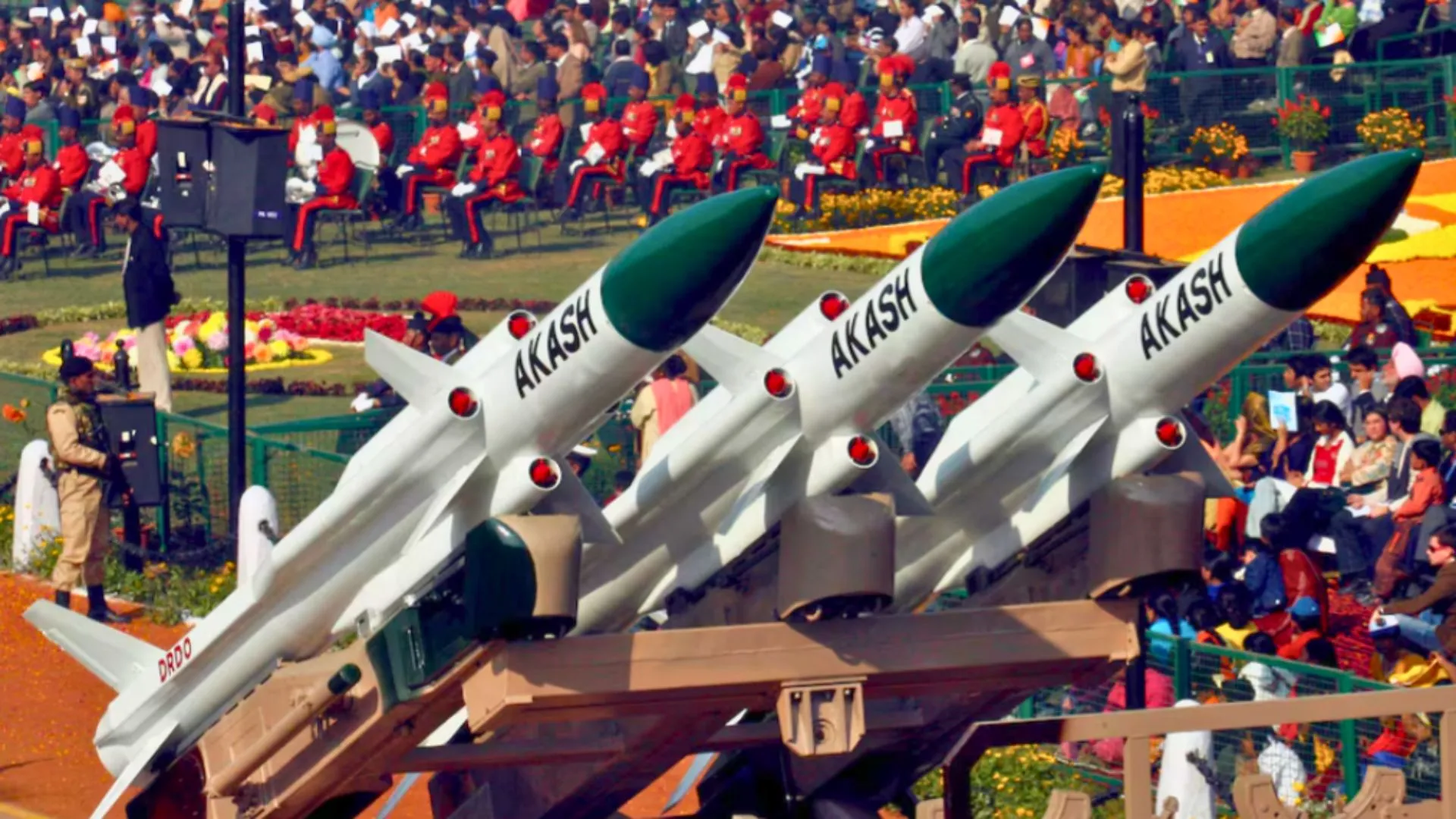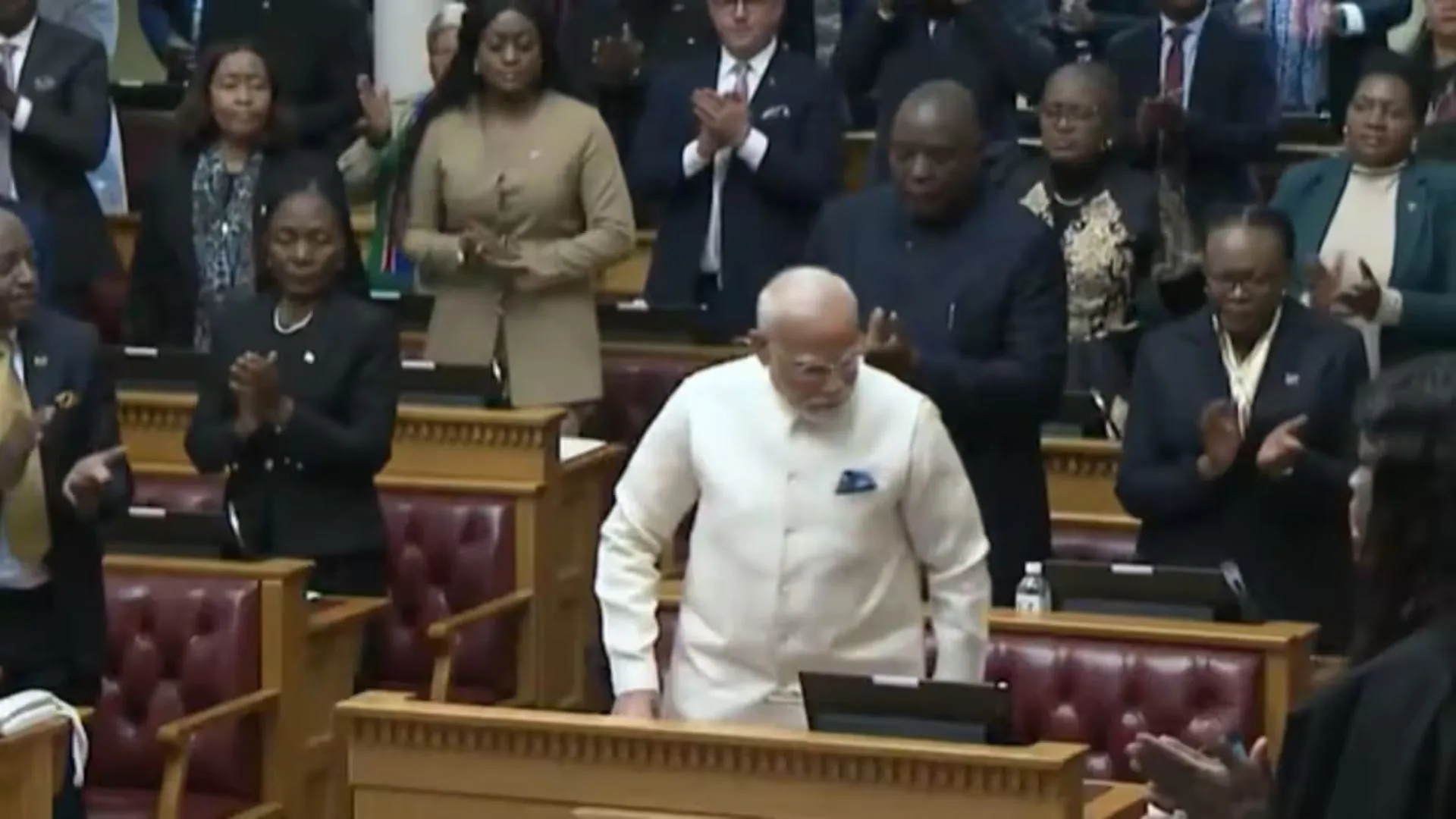India has inked 13 emergency defence deals worth ₹1,981.90 crore to swiftly enhance the Army’s counter-terror strength. The agreements cover state-of-the-art systems such as drones, loitering munitions, anti-drone systems, radars, and Very Short-Range Air Defence Systems (VSHORADs). The Ministry of Defence sanctioned and signed these agreements under the Emergency Procurement (EP) scheme.
This emergency procurement push follows Operation Sindoor in which Indian military attacked nine terror camps within Pakistan. It also follows cross-border hostilities in the high-intensity manner before a tenuous ceasefire came into effect. These purchases, sealed under tight deadlines, are intended to enhance situational awareness, firepower, and defense for Indian soldiers.
Emergency Procurement Moves Into Sixth Phase
This new round of emergency buys is the sixth round of India’s EP mechanism. The Defence Ministry provided ₹2,000 crore for the current round, and it has already committed ₹1,981.90 crore.
Unlike the conventional defence procurement process, which takes months or even years, the Emergency Procurement (EP) mode ensures fast delivery. Rising operational demands along the border and the need for quick-response systems to tackle terrorism have driven this urgency.
What India Is Purchasing?
The 13 agreements signed encompass a vast array of cutting-edge equipment. These include:
- Remotely Piloted Aerial Vehicles (RPAVs)
- Loitering munitions with Vertical Take-Off and Landing (VTOL) capability
- Integrated Drone Detection and Interception Systems (IDDIS)
- Very Short Range Air Defence (VSHORAD) systems — launchers and missiles
- Low-Level Lightweight Radars (LLLR)
- Night sights for assault rifles
India also ordered Quick Reaction Fighting Vehicles (QRFVs) in medium and heavy versions, bulletproof jackets, and ballistic helmets.
Operation Sindoor and Strategic Timing
This acquisition push comes after Operation Sindoor, where India attacked several Pakistani terror training camps. The attacks evoked three days of retaliatory firing between the nations. Indian troops inflicted major damage upon Pakistani installations and infrastructure. The Ministry of Defence accelerated purchases to keep operational tempo and readiness going in the face of these tensions.
The Defence Ministry ensured that all the deals were signed in a hurry to make the deployment on time. The systems will provide greater mobility, accuracy, and survivability to troops in enemy terrain. India is equipping its troops with the capability to master future anti-terror operations by embracing new-age technologies.





















